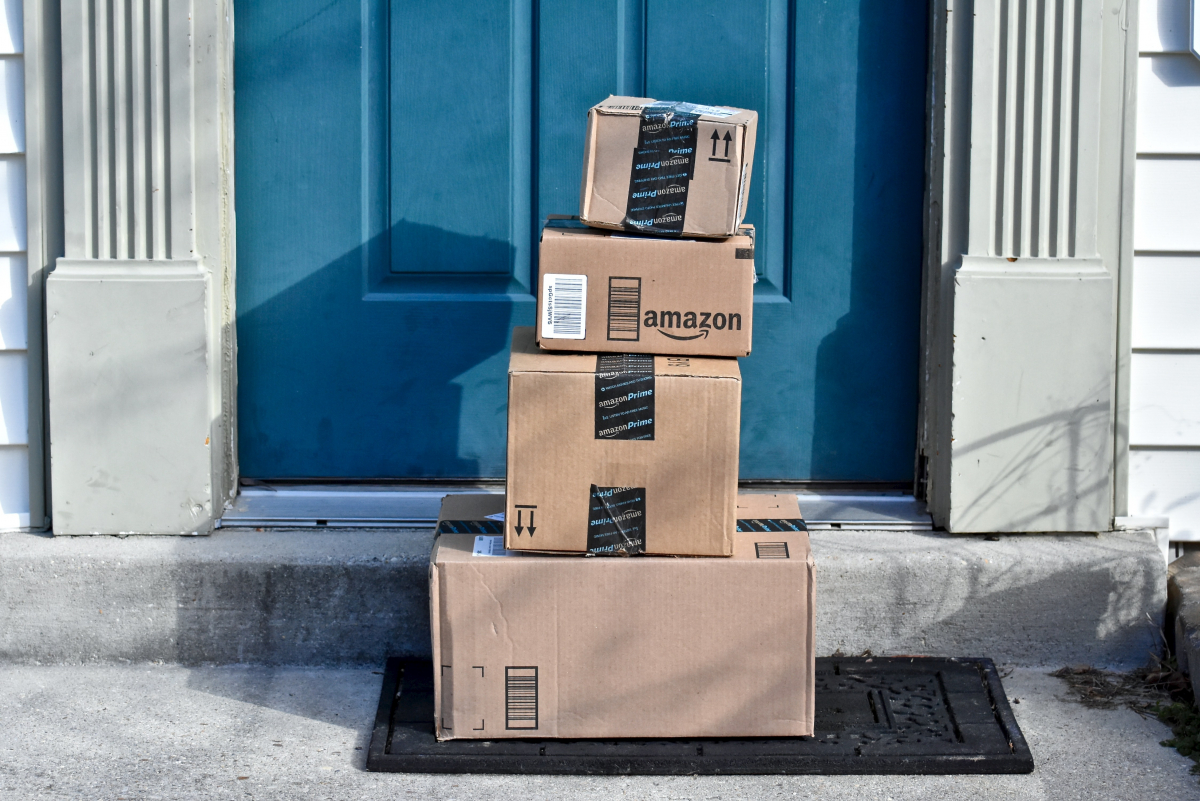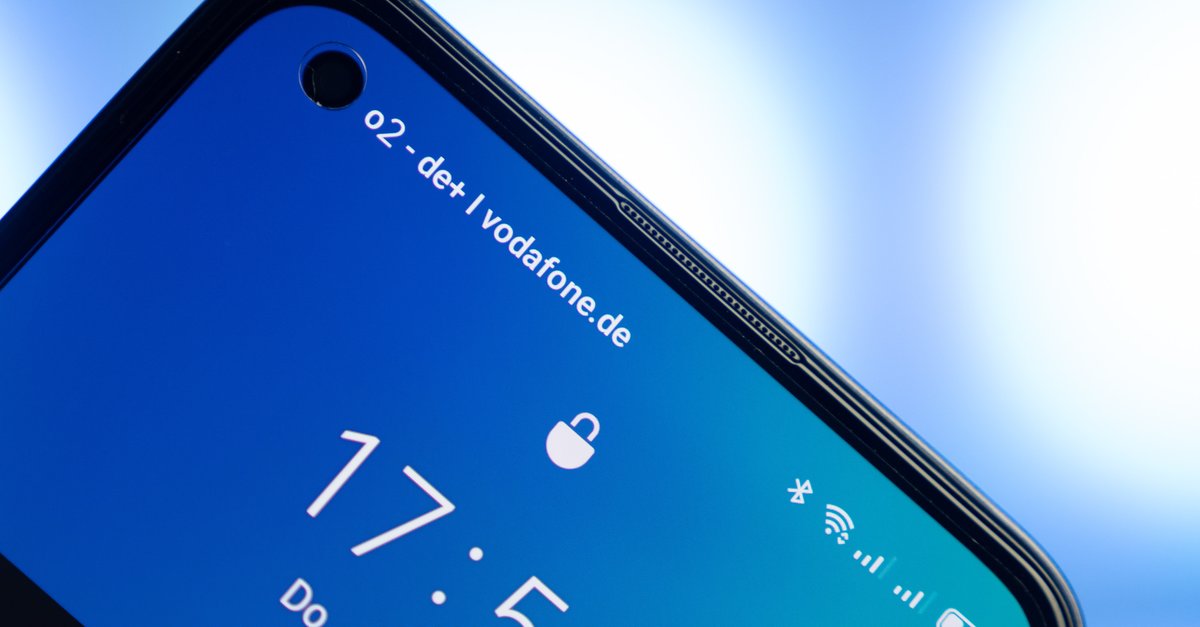“What is the code?” Amazon wants to combat parcel shrinkage and is enforcing delivery passwords
With automatically generated one-time passwords, Amazon wants to ensure that particularly high-priced orders are not simply placed in the hallway, but are always placed with someone who knows this password.
Amazon apparently has problems with parcel shrinkage. Anyone who knows the procedures of the average delivery driver can hardly be surprised. Storing parcels in all possible and impossible places is not only part of everyday life with Amazon delivery drivers, but also with couriers from third-party services such as UPS, DHL or DPD. Of course, Amazon must provide proof of delivery in case of doubt. And that’s difficult in these cases.
Contents
Amazon determines when you have to give a password to get your smartphone
For particularly high-priced items, where Amazon does not say where the amount limits are, the e-commerce giant wants to generate six-digit one-time passwords in the form of a numerical code and add them to the shipping confirmation that customers receive by email. The password should also be able to be looked up in the shipment tracking.
Defining the function “Secure delivery with one-time password” Amazon is solely responsible. Customers cannot selectively activate or deactivate the function. If delivery is not made on the scheduled day, customers will receive a new one-time password for the following day.
Be careful when passing on the password
According to Amazon, a delivery should then look like the delivery man rings the doorbell, has the one-time password given and transfers it to his terminal. This means that the delivery is deemed to have been delivered safely. Accordingly, Amazon warns against giving delivery men the password over the phone, especially if the delivery has not yet taken place. In that case, the risk of not delivering would be transferred to the customer, because the messenger can ultimately only have received the password from him.
Since the one-time password is intended for one-time use and is only actually valid on the day the delivery attempt is made, it can be safely passed on to the people who receive the parcels for you. This person, especially if it is a neighbor, should then be included in the delivery instructions for the driver. If the messenger is unable to find someone who knows the password, he is obliged to take the parcel back with him and start another delivery attempt the following day.
For the delivery drivers, who are already bad because they are paid according to the package and not according to the actual expenditure, this innovation makes their work considerably more difficult. It is therefore to be expected that the friendliness of the delivery will suffer, especially in cases in which it is difficult to find the person with the password. A discussion about fair pay for delivery personnel should be held as soon as possible.
Dieter Petereit



